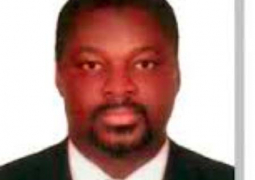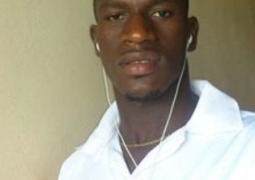This followed an argument between the judge and the state counsel, AM Yusuph, who then applied to withdraw himself from the case.
When the case was called, state counsel AM Yusuph called his first witness, Mandu Mendy, a police officer at the crime records unit in Banjul.
In his testimony, officer Mendy told the court that he did not know the accused person, but knew the deceased, Baboucarr Fadera.
On 20 March 2014, he was in his office when his station officer instructed him to go to EFSTH mortuary to attend a post mortem.
When he arrived at the hospital, he met the doctor who performed the post mortem in his presence, and he took photos of the deceased with a digital camera.
He got to know the name of the deceased through his relatives.
After the post mortem, he returned to his office and made printouts of the pictures.
The state counsel applied to tender the photos, without any objection from the defence counsel.
State counsel then asked the witness what he saw on body of Baboucarr Fadera.
Justice Anadi said counsel should asked the witness what he saw on the corpse and not give it a name, because the witness did not know the deceased.
The witness said he did not notice anything on the corpse.
State counsel then said since Justice Amadi did not allow him to handle his case the way he wanted, he would withdraw from the case.
Justice Amadi then said since he was trying to guide the counsel in the case and the state counsel did not want that, he will then return the case to the registry so that it would be sent to the AG’s Chambers and be re-assigned.
The particulars revealed that the accused on 17 July 2014, in Jappineh village in the Lower River Region of The Gambia, caused the death of one Baboucarr Fadera, by tying his hands and legs, and beating him on the head and other parts of his body, knowing well that death will result from such action.
Read Other Articles In Article (Archive)
Tarud assists flood victims in Gunjur
Dec 22, 2010, 12:04 PM



